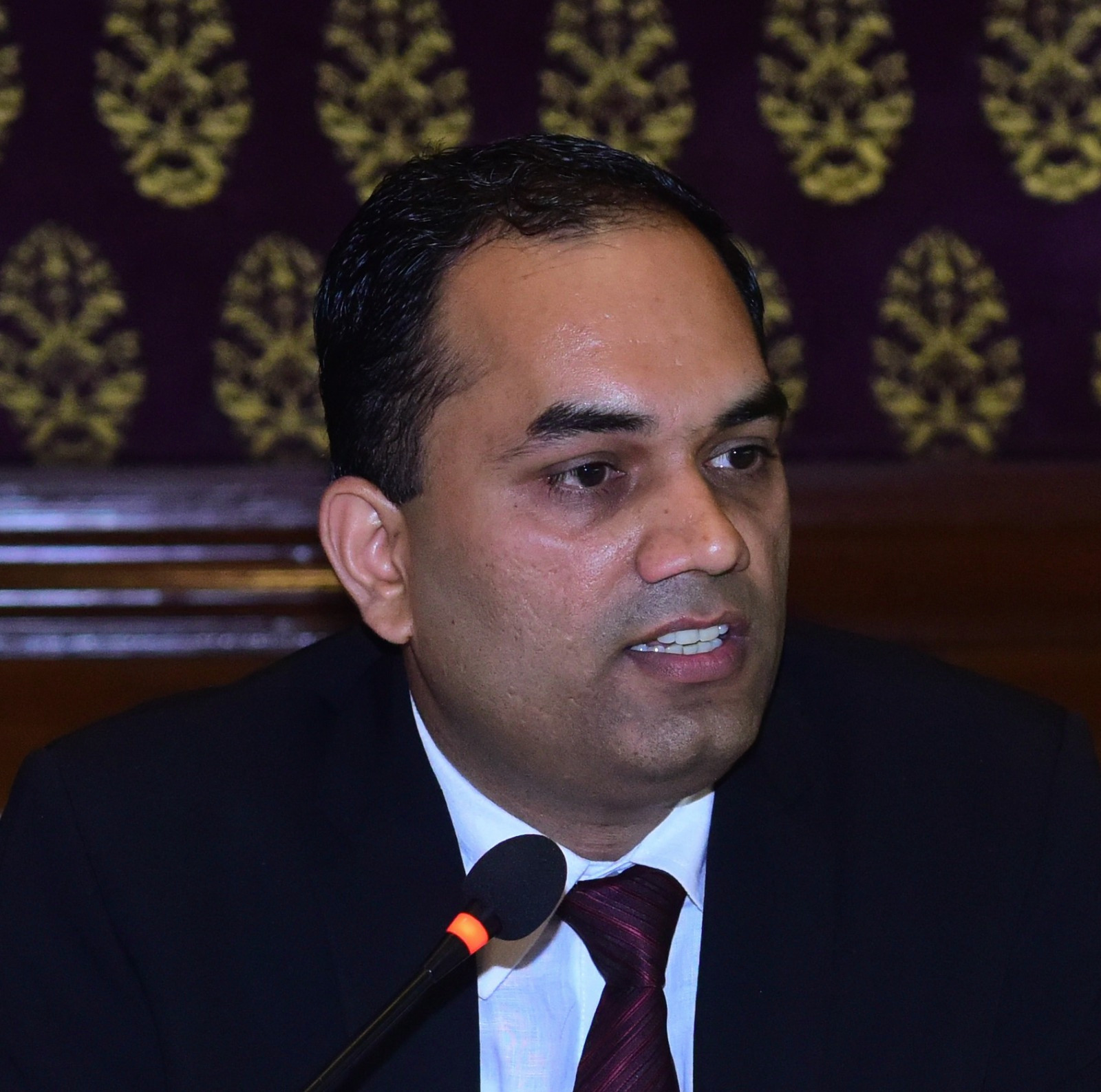India and Gulf Cooperation Council: Time to Look Beyond Business
India's relationship with the Gulf Cooperation Council (GCC) has been primarily based on mutual trade and business. GCC countries are the main source of energy for India and a market for Indian commodities. India's five-million-strong workforce forms a natural linkage between India and the GCC. But despite such strong trade linkages, which are still growing, political and strategic relations between India and the GCC have been found lacking. Recent years have witnessed signing of defence and security agreements between India and some of the GCC countries.
- Prasanta Kumar Pradhan
- May 2010








